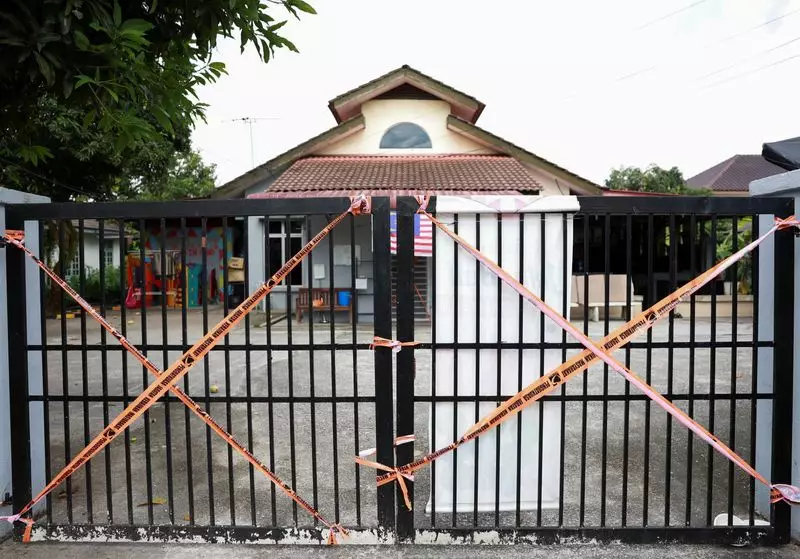In recent events, the Malaysian conglomerate Global Ikhwan Services and Business Holdings (GISB) has found itself embroiled in controversy, raising serious questions about its foundations and ethical practices. Claiming to uphold the Islamic way of life as espoused by the Prophet Muhammad, GISB has been linked to troubling allegations following the rescue of children and youths from its charity homes, which are reportedly operated under dubious pretenses. This incident has reignited discussions surrounding its connections to Al-Arqam, a religious sect banned by the Malaysian government over three decades ago due to its heretical teachings.
Founded by Ashaari Muhammad, Al-Arqam held sway over thousands of followers until it was designated as deviant in the 1990s. GISB has acknowledged its lineage to Al-Arqam, but has systematically distanced itself from its tenets and controversial practices. Yet, the arresting question remains: how can a conglomerate that seeks legitimacy in the Islamic sphere simultaneously claim innocence of these past and ongoing associations?
The recent police raids on GISB-operated charity homes unveiled allegations spanning sexual abuse, neglect, and exploitation. Reports noted that many of the rescued youths exhibited alarming signs of physical and emotional trauma, with several having reportedly been sodomised. The situation has raised eyebrows among many Islamic leaders, who have long critiqued GISB’s operations and called for thorough investigations into its practices.
In a surprising turn of events, GISB’s Chief Executive publicly conceded that the organization had breached “unspecified laws.” This admission, starkly contrasting with their prior denials of wrongdoing, cast doubt on GISB’s narrative and highlighted an internal acknowledgment of its failures. The gravity of the charges faced by GISB, including potential money laundering, emphasis on exploitation, and violation of human rights, has prompted the Malaysian police and various religious authorities to intensify their oversight of the organization. This scrutiny extends beyond charity homes to include religious schools affiliated with GISB, further complicating its path to rehabilitation in the eyes of the public.
Community Response and Public Sentiment
The response from the local community has been one of shock and disbelief. Residents of Bukit Beruntung, where some of the charity homes have been raided, expressed concern about the depth of the allegations. The imam of a local surau conveyed his unease, stating, “If it’s true, then that is really worrying,” reflecting a broader sentiment of dismay among the residents. It is apparent that the revelations about GISB have disrupted the perceived legitimacy the organization had enjoyed within the community.
The complexity of this issue lies not only in the immediate allegations but also in the broader implications for the faith community, particularly regarding groups that practice Islam. As the investigation unfolds, questions arise about the effectiveness of regulatory bodies like the Islamic Development Department (Jakim) in identifying and preventing exploitation under the guise of religious education or charity. The unfolding narrative challenges the community’s trust and calls into question the moral compasses of organizations that claim to serve the Islamic faith.
As authorities delve deeper into the allegations surrounding GISB, the organization faces a daunting future. The path forward may require significant transparency, rigorous reform, and a distancing from its controversial roots. It remains to be seen whether GISB can rebuild its reputation in the community or whether its ties to Al-Arqam will irrevocably tarnish its image.
Ultimately, the circumstances surrounding GISB serve as a solemn reminder of the need for accountability within religious organizations. The delicate balance between faith and business must be navigated carefully to ensure that the lessons from this troubling saga lead to broader systemic changes that protect the vulnerable and uphold the true essence of Islamic teachings.

